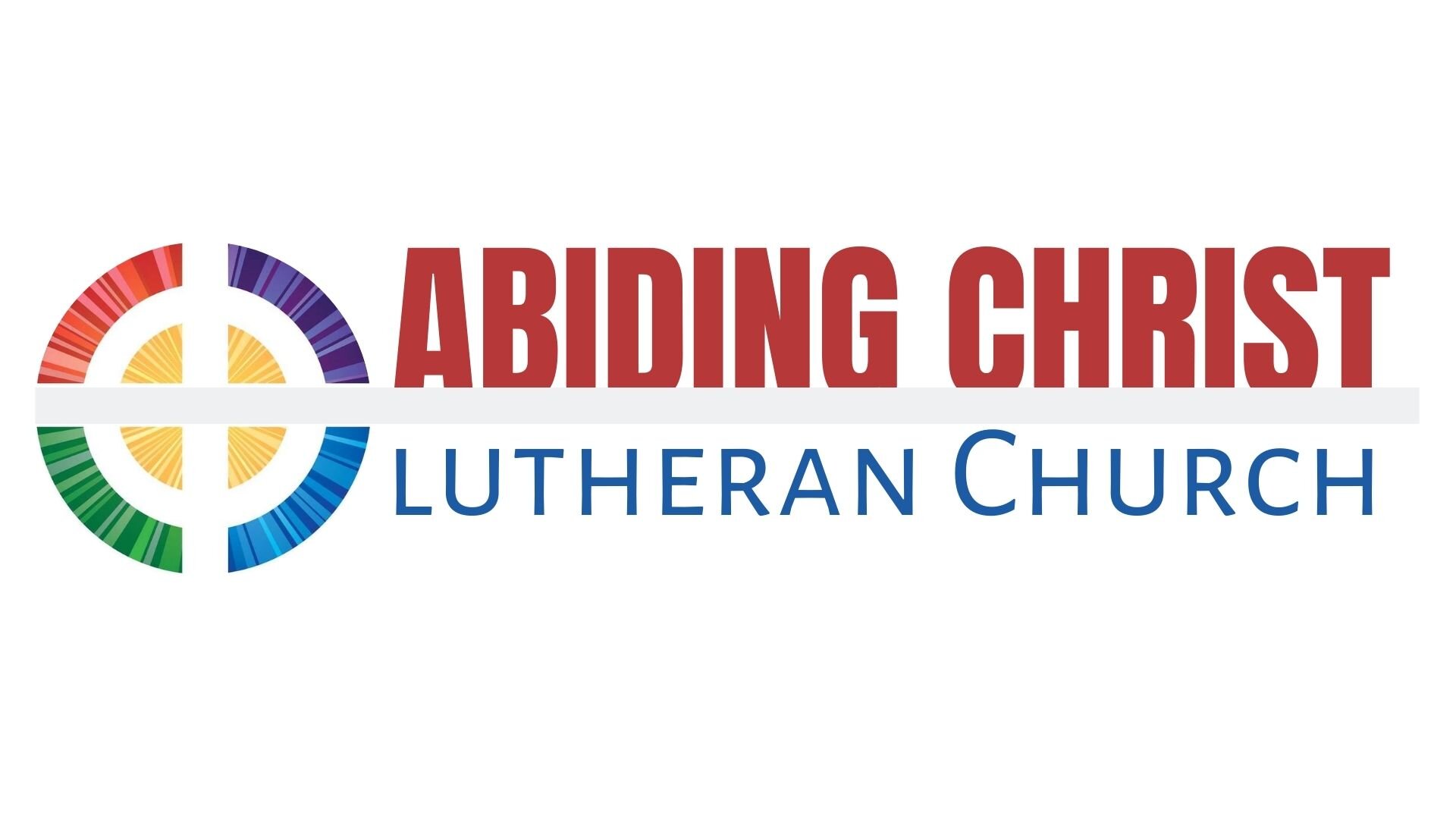All Good Gifts
Matthew 6:19-21
‘Do not store up for yourselves treasures on earth, where moth and rust consume and where thieves break in and steal; 20 but store up for yourselves treasures in heaven, where neither moth nor rust consumes and where thieves do not break in and steal. 21 For where your treasure is, there your heart will be also.
We Plow the Fields and Scatter LBW 362
1 We plow the fields and scatter the good seed on the land,
but it is fed and watered by God's almighty hand,
who sends the snow in winter, the warmth to swell the grain,
the breezes and the sunshine, and soft refreshing rain.
Refrain
All good gifts around us are sent from heav'n above.
Then thank you, Lord, O thank you, Lord, for all your love.
2 You only are the maker of all things near and far.
You paint the wayside flower, you light the evening star.
The winds and waves obey you, by you the birds are fed;
much more to us, your children, you give our daily bread. Refrain
3 We thank thee then, O Father, for all things bright and good,
the seedtime and the harvest, our life, our health, our food.
No gifts have we to offer for all your love imparts,
but that which thou desirest—our humble, thankful hearts. Refrain
Text: Matthias Claudius, 1740-1815; tr. Jane M. Campbell, 1817-1878, alt.
In 1975 I was a senior at Wittenberg living in Tower Dorm. On the bottom floor was a hall which, before the days of a theater, was the place the music department did musicals. I literally stumbled into a production of “Godspell” that year returning from dinner. They were singing a song that to this day still moves me to tears called “All Good gifts.” A rewriting of a hymn “We Plow the Fields and Scatter” written by Matthias Claudius 200 year before as a poem.
The story of how it became part the score of an Godspell also began in Ohio. In the late 1960’s a young grad student from Carnegie Mellon was writing a thesis on the Gospel of Matthew He was John Michael Trebelak. He wrote of his experience at an Episcopal church. “I decided to attend sunrise Easter service to experience the Gospel, but it began to snow…strange for Easter. We went into the cathedral and everyone there was grumbling about the fact that they weren't going to be able to take pictures and the snow was upsetting their plans. As the service continued an old priest mumbled into a microphone and the people mumbled back, and then it was over. It seemed like they were pushing Christ back into his tomb! As I left, a policeman stopped and searched me for drugs, thinking I had ducked into the church to escape the storm. It angered me so much that I went home and realized what I wanted to do with these old hymns, to rewrite them, to use them to tell the simple, joyful message of the Gospel, to recreate a sense of community, which I did not share when I went to Easter worship. So I went to my teachers at Carnegie and asked if I could work my own project for my masters' degree, and they agreed.” Later that year another young playwright named Stephen Schwartz discovered his hymns, added some of his own. The following Fall they began rehearsals at Carnegie and eventually took the musical “Godspell” to Broadway.
It is a very Lutheran idea that hymns speak the Gospel; that new music set to old words is a marriage of hope; that music enchants not just our ears, but our hearts. I love this hymn, in both Godspell and the LBW, I think you will too.
Prayer: Father, we thank you for all the good gifts you have bestowed upon us. Help us to place our treasure, and our hearts, in the vast riches of your Kingdom. Amen.
From GODSPELL: https://youtu.be/2mURti-s0jc

